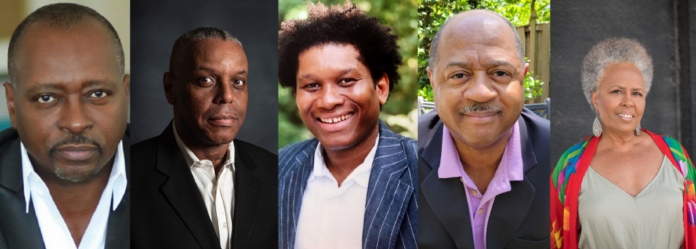Social Impact Authors: How & Why Journalists Curtis Bunn, Michael Cottman, Patrice Gaines, Nick Charles, and Keith Harriston Are Helping To Change Our World
…The overriding theme of Say Their Names is how systemic racism has impacted this country — in policies that range from economics, housing, health care, the criminal justice system, law enforcement and more. The history is important and sharing that history in context — with some reading about the context for maybe the first time — is one small but necessary step toward an objective dismantling systemic racism and its role in negative outcomes for Black people in particular.
As part of my series about “authors who are making an important social impact”, I had the pleasure of interviewing Curtis Bunn, Michael Cottman, Patrice Gaines, Nick Charles, and Keith Harriston.
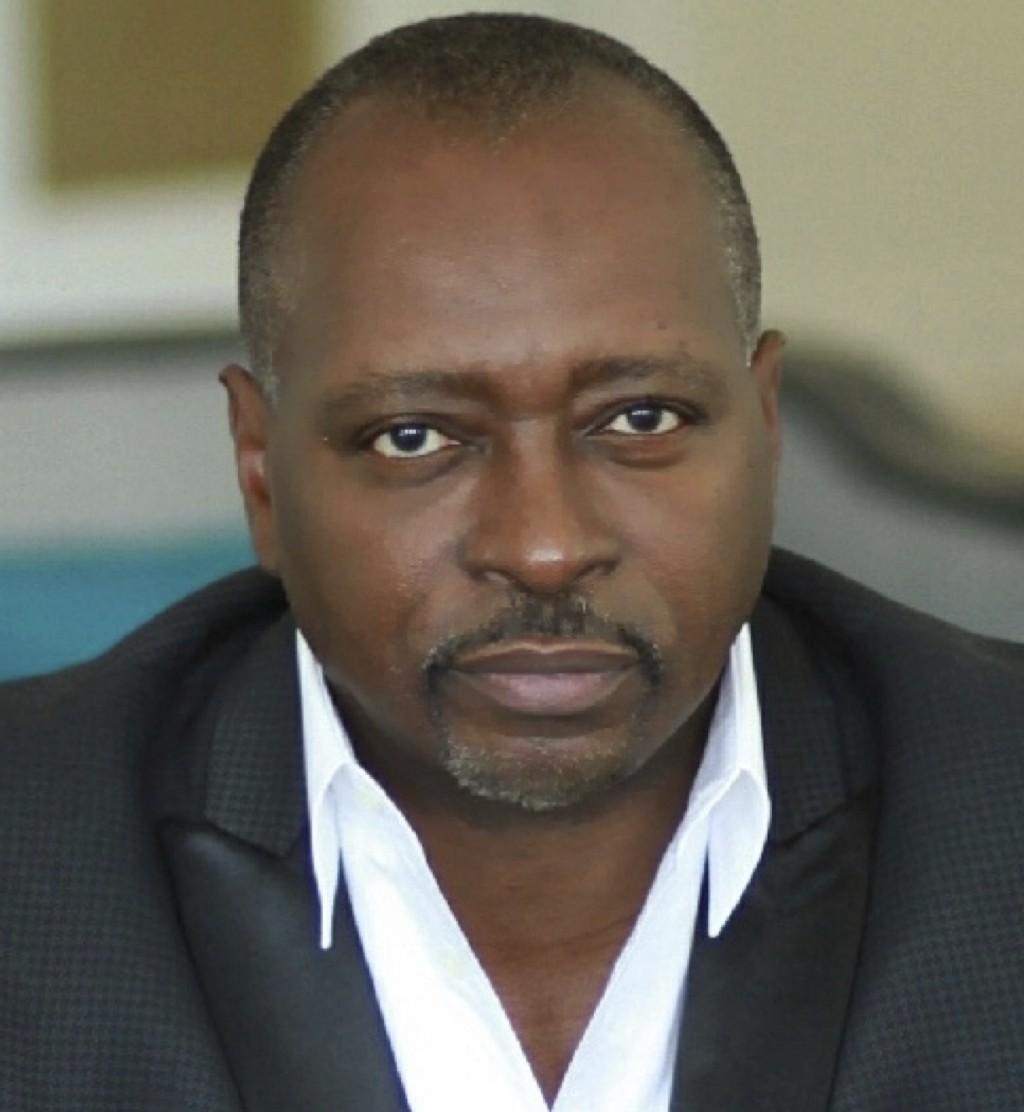
Curtis Bunn is an award-winning journalist at NBC News BLK who has written about race and sports and social and political issues for more than 30 years in Washington, D.C., New York, and Atlanta. Additionally, he is a best-selling author of ten novels that center on Black life in America.
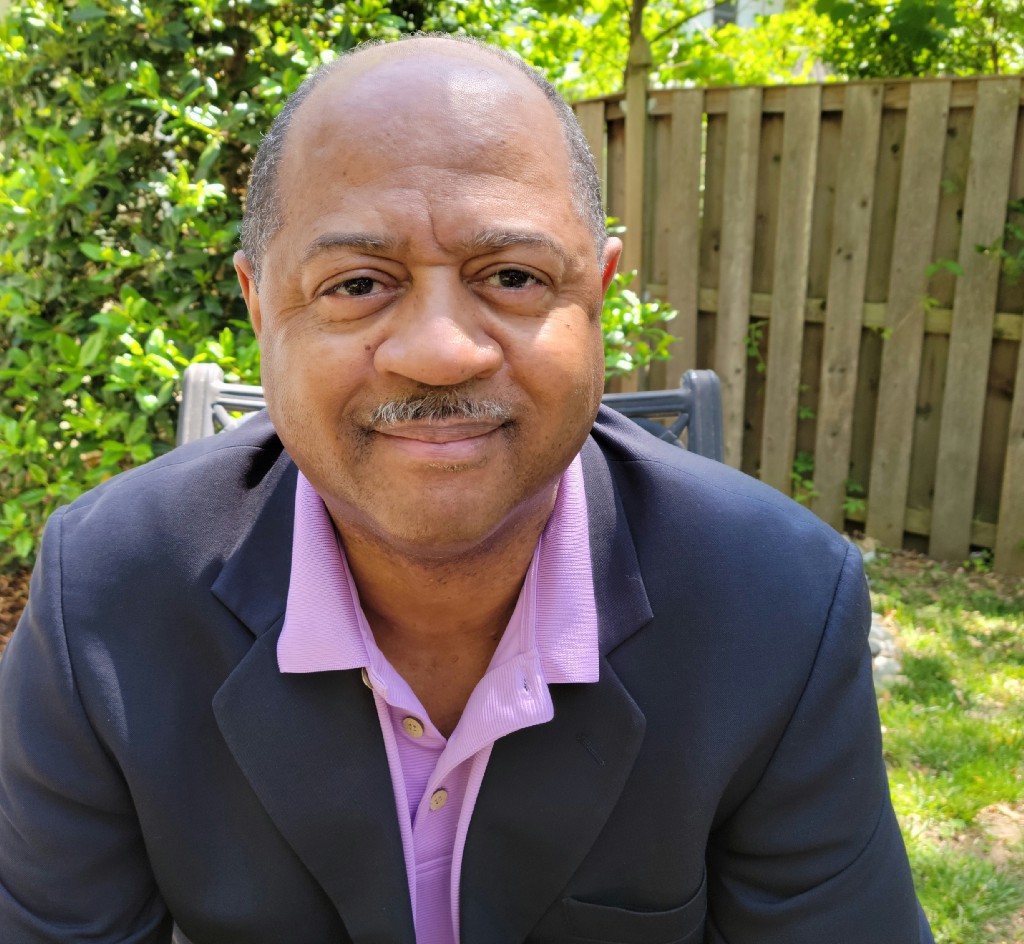
Michael H. Cottman is an author and award-winning journalist, and Program Editor for the NBCUniversal Diversity, Equity and Inclusion Team. (NBC News/MSNBC/CNBC.) He is the former Editorial Manager of NBCBLK, a division of NBC News, that offers stories and opinions about the African American experience from the African American perspective. Cottman is a former political reporter for the Washington Post and a former reporter for the Miami Herald, among other publications. Cottman, who has received numerous awards, was also part of a reporting team that won the Pulitzer Prize in 1992 for Newsday’s coverage of a deadly subway crash in New York.
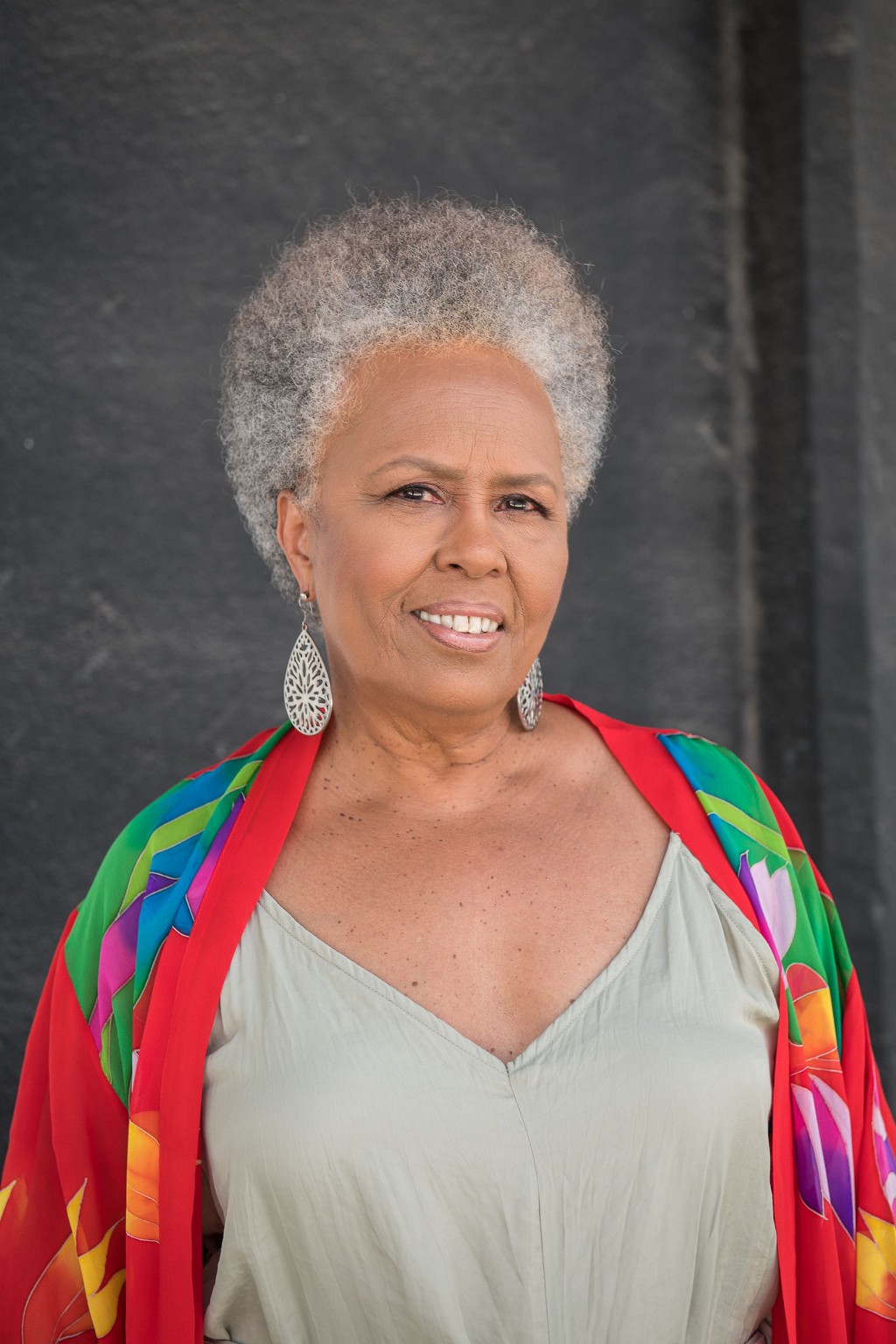
Patrice Gaines is the author of the memoir Laughing in the Dark (Random House 1995) and Moments of Grace (Random House 1998). Gaines is a freelance writer, who was a reporter at the Washington Post for 16 years. She was awarded a Soros Justice Media Fellowship to write a series of columns about the impact of incarceration on the Black community. Gaines is also a justice advocate and abolitionist.
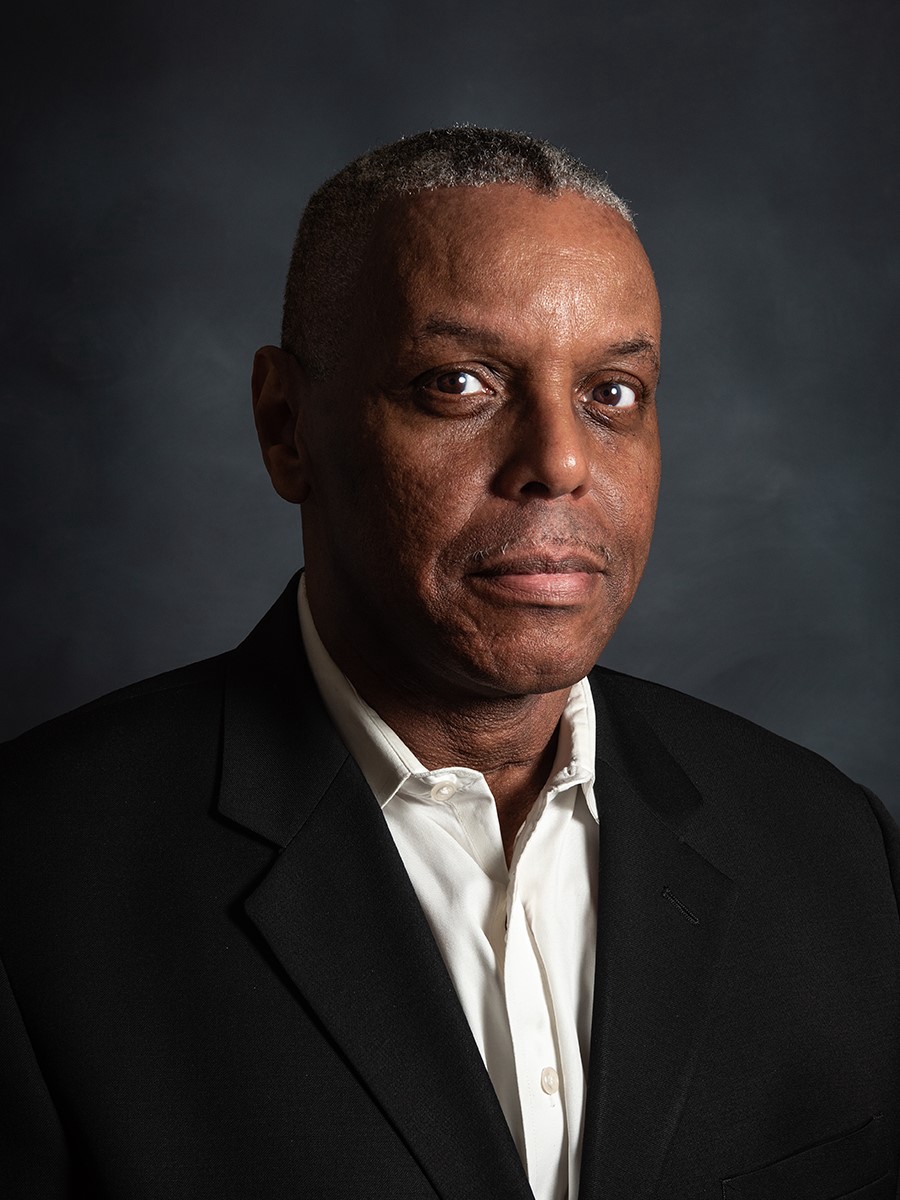
Keith Harriston is a Washington, D.C., writer who worked for 23 years as a senior newsroom manager, department editor, investigative reporter, and beat reporter at the Washington Post. As a reporter at The Post, Harriston twice was a nominated finalist by the Pulitzer Prize Board. Since leaving The Post, Harriston has taught journalism at American University, Howard University, and George Washington University, where he currently is a professorial lecturer in journalism.

Nick Charles has reported, written, and edited for various media at the local and national levels. He has been a reporter/writer and contributor to the Daily News, People, NPR, the Washington Post, The Undefeated, as well as several other publications. He was the Editor-in-Chief of AOL Black Voices and the VP of Digital Content for BET.com. Charles is the Managing Director of Word In Black, a collaborative of 10 Black-owned media and an editor and spokesperson for Save Journalism Project.
Thank you so much for joining us in this interview series! What was the “aha moment” or series of events that made you decide to bring your message to the greater world? Can you share a story about that?
MICHAEL: I would say one significant “aha moment” for me was during in the mid-1990s when I earned my scuba diving certification and was invited to scuba dive the 17th-century wreck of the Henrietta Marie slave ship, which sank off the coast of Florida in 1700. The 30-foot dive into my past to explore the sunken remains of a ship that once carried several hundred enslaved African men, women and children — and perhaps some of my ancestors — served as a cathartic moment for me and a catalyst to research the Henrietta Marie, travel to Jamaica, Barbados and along the coast of West Africa, dive the ship’s ports of call, and share the little-known history of the Henrietta Marie, slavery, racism and social justice implications with people across the country and around the world.
Before we dive into the main focus of our interview, our readers would love to “get to know you” a bit better. Can you tell us a bit brief backstory of how all of the contributors met and came together?
MICHAEL: Last year, after the murder of George Floyd, and following the senseless shootings of an unarmed Black man by police, the powerful Black Lives Matter movement, and the Black community’s challenges with Covid-19, I felt a deep need to share poignant social justice stories that are critical to the African American experience. We are living in unprecedented and precarious times and Black people from coast to coast are facing constant affronts that impact their lives — and their health- on a daily basis. But I couldn’t embark on this project alone. I enlisted the support of four outstanding journalists — who I am proud to call my friends — and asked Keith Harriston, Patrice Gaines, Curtis Bunn and Nick Charles — to write about Black people and the pandemic, Black Lives Matter, law enforcement, incarceration, the role of the Black church and politics and race. The result of their extraordinary efforts culminated in our new book: “Say Their Names: How Black Lives Came to Matter in America.”
Can you describe how you aim to make a significant social impact with your book?
KEITH: The overriding theme of Say Their Names is how systemic racism has impacted this country — in policies that range from economics, housing, health care, the criminal justice system, law enforcement and more. The history is important and sharing that history in context — with some reading about the context for maybe the first time — is one small but necessary step toward an objective dismantling systemic racism and its role in negative outcomes for Black people in particular.
Are there three things the community/society/politicians can do to help you address the root of the problem with policing Black lives in the US?
KEITH:
1. Make body cameras mandatory for every law enforcement officer in the U.S. — municipal, state and federal — and make the video available in a timely manner to the public in cases in which officers face accusations of excessive force, deadly or otherwise. And make federal grants available to local governments to purchase the body cameras.
2. Repeal or amend Law Enforcement Officers Bill of Rights at the state level where such protections for law enforcement exist.
3. Provide guidance for juries through state-level legislation that clearly outlines what actions taken by law enforcement officers should be considered during deliberations of criminal charges against officers for cases stemming from use of excessive or deadly force.
Can you share with us one of the most interesting/important stories that you shared in your section about prisons and mass Incarceration of Black lives?
PATRICE: Two stories come to mind immediately, though there are so many:
The first is from the book, the story of Green Cottenham, the son of a formerly enslaved couple, who was arrested for vagrancy in 1908 and sentenced to six months’ hard labor. “His original sentence was three months, but the “convict” was required to pay a fee to the sheriff, the judge, and other local officials. When he could not pay the $38.40, three months was added to his sentence.
“Cottenham was leased by Shelby County, Alabama, to a U.S. Steel subsidiary, where he served in shackles alongside more than 1,000 convicts, digging coal with a pick in the dark and damp mines. In five months, Cottenham died of tuberculosis and was buried with mine debris.
“The mining company had leased him for twelve dollars a month. The deputy who arrested Cottenham received a fee for delivering him to the mine. In fact, this human trafficking paid the salaries of law enforcement.”
The second story is from when I talked to Shariff Ingram and he had been home from prison for three weeks. He was 15 when he went to prison; 38 when he returned home. He was living with his sister in her house when I spoke to him. Together, they left home at 11 a.m. one morning and returned home at 9:30 p.m. to find that Shariff had left the water running in the bathroom. The last thing he had done before they left the house was wash his hands. He was used to the water system in prison, where water was on a timer and shut off automatically. They were fortunate that there was no flood, but the water had been running for hours. Now he double-checks every faucet before he leaves home.
It’s a small anecdote that points to a huge challenge that people returning home face and the deprivation they experience in prison, even though most are expected to rejoin their community one day. Freed, they don’t know how to pump gas, use a cell phone, or use an ATM and yet our society demands they get a job and become a regular citizen with little or no support to them or their families. So, the punishment continues even after they are released from prison.
Can you please give us your favorite “Life Lesson Quote”? Can you share how that was relevant to you in your life, work as a journalist and/or activist?
PATRICE: “All things are possible.” In Matthew 19:26, it says “With God, all things are possible.” But even as a former seminarian and a believer in God, I prefer to leave God out of it, to believe instead that this is true for everyone, even those who don’t believe in God. Because I have lived through being a drug abuser (with heroin being my drug of choice), through becoming a convicted felon, through being raped and beaten and believing I was worthless; because I have seen that in this life it is possible to create a totally different reality for yourself, I like to remind myself and others that profound change is possible.
CURTIS: “Do for yourself before you look for others to help you.” It is not as profound to others, but coming from my father, the late Edward Bunn, Sr., it resonated with me when I was a teenager and has been an element of how I function throughout my life.
My career as a journalist, for example, was inspired indirectly by that quote from my dad. I knew what I wanted to do professionally, but did not know how to get there. So, with his words echoing in my head, I located a college — Norfolk State University — that had an up-and-coming Journalism program, did all the paper work to apply, saved money to help pay for that first year of college and was accepted. There, I flourished as a freshman working on the student newspaper, The Spartan Echo, and earned a scholarship for my remaining three years of college. Essentially, anything I have done — professionally or personally — has been driven by those words that I interpreted as “make your own way.” I have shared his mantra with my kids, and they have followed that ideal and crafted wonderful lives for themselves on the power of their efforts, not someone else’s.
Is there a person in the world, or in the US with whom you would like to have a private breakfast or lunch with, and why? He or she might just see this, especially if we tag them. 🙂
- MICHAEL: Barack Obama: Because I covered his 8-year tenure in the White House as America’s first Black president and interviewed him on his campaign plane in 2008. Obama was insightful and optimistic about the future and so I always wanted to hear more of his observations about the world in which we live.
- PATRICE: I’d like to have a meal with Michelle West, an imprisoned first-time offender found guilty in a drug conspiracy case in 1994. She was basically held responsible for the actions of all her co-conspirators, including one who committed a murder then accepted a plea deal that allowed him to testify against West then go free. West received two life sentences plus 50 years — and remains imprisoned. I have never personally met her, but I have seen her. I once spoke at a prison where she was incarcerated. I requested to visit with Michelle since we had corresponded with one another. The prison denied my request. They said they had a rule that says you cannot visit a person unless you knew that person before she was incarcerated. Michelle and I came up with an idea that allowed me to at least see her. She asked me a question after my speech. That was the only time I have seen her. Yet to me her case represents everything wrong with our criminal justice system — from the investigation of her case to her sentence that represents this country’s practice of over-incarceration. I thought of other people I’d like to share a meal with. But what would our eating together change? Nothing. If I could eat a meal with Michelle it would mean she was free!
- CURTIS: I would like to say the late, great playwright August Wilson. I respect his work so much. But following the question, I will go with a living person. Tough one, though. Former President Barack Obama would be a logical choice, his wife Michelle Obama as well, because of the historic nature of their emergence into the world’s consciousness and the incredible scrutiny they endured with such grace. For the purposes of variety (I am sure the Obamas are often chosen), I will go with writer Aaron Sorkin. His writing is clever and smart, information, whimsical, funny, thought-provoking. He wrote one of my favorite TV shows, which is quite underrated — The Newsroom, which ran for three seasons on HBO. As a writer, he fascinates me with his dialogue — not because it’s fast, but because it’s smart and full of historical references, high-brow, yet also mainstream. I respect and appreciate so much of his other work, of course. But The Newsroom was/is so irreverent and, for me, intoxicating — the melding of real-life important events with insights into television news, romances, comedic tones. . . just brilliant work from a writer who seems to have no bounds. I am fascinated by his work.
- KEITH: The person would be former President Barack Obama and the setting would be lunch. Why? Because he and I have some common interests — basketball and music, in particular — that could form the foundation for a broad, long conversation on many topics. But I would love the opportunity to start a conversation about the natural beauty that seems to come with lefthanded jump shooters in basketball (like him), then on to the interplay between the Memphis-based band and the vocal style of Al Green music from the 1970s, then move on to try to gain insights previously unshared on how President Obama dealt with the re-emergence of racism in this country that I am sure he knew would come in full force after his historic first election as president. What did he say to his daughters about it? And his close friends, what did they say about with each other? And I’d appreciate a chance to find out the moment in his two terms in which he felt most free — was it his “entertainment” that he provided at a White House Correspondents Dinner Keegan-Michael Key which, like most comedy, was steeped in truths?
How can our readers further follow your work online? Are there relevant organizations or resources that you would recommend they check out?
CURTIS: “Curtis Bunn” on Facebook, Instagram, Twitter, LinkedIn, http://www.curtisbunn.com; Curtis founded two organizations: the National Book Club Conference (www.nationalbookclubconference.com) and the National Youth Book Conference (www.nationalybc.com)
KEITH: @kharriston on Twitter
PATRICE: @PatriceGaines on Twitter, https://patricegaines.com/about/
MICHAEL: http://www.michaelhcottman.com/
This was very meaningful, thank you so much. We wish you only continued success on your great work!
About The Interviewer: Growing up in Canada, Edward Sylvan was an unlikely candidate to make a mark on the high-powered film industry based in Hollywood. But as CEO of Sycamore Entertainment Group Inc, (SEGI) Sylvan is among a select group of less than ten Black executives who have founded, own and control a publicly traded company. Now, deeply involved in the movie business, he is providing opportunities for people of color.
In 2020, he was appointed president of the Monaco International Film Festival, and was encouraged to take the festival in a new digital direction.
Raised in Toronto, he attended York University where he studied Economics and Political Science, then went to work in finance on Bay Street, (the city’s equivalent of Wall Street). After years of handling equities trading, film tax credits, options trading and mergers and acquisitions for the film, mining and technology industries, in 2008 he decided to reorient his career fully towards the entertainment business.
With the aim of helping Los Angeles filmmakers of color who were struggling to understand how to raise capital, Sylvan wanted to provide them with ways to finance their creative endeavors.
At Sycamore Entertainment he specializes in print and advertising financing, marketing, acquisition and worldwide distribution of quality feature-length motion pictures, and is concerned with acquiring, producing and promoting films about equality, diversity and other thought provoking subject matter which will also include nonviolent storytelling.
Also in 2020, Sylvan launched SEGI TV, a free OTT streaming network built on the pillars of equality, sustainability and community which is scheduled to reach 100 million U.S household televisions and 200 million mobile devices across Roku, Amazon Fire TV, Apple TV, Samsung Smart TV and others.
As Executive Producer he currently has several projects in production including The Trials of Eroy Brown, a story about the prison system and how it operated in Texas, based on the best-selling book, as well as a documentary called The Making of Roll Bounce, about the 2005 coming of age film which starred rapper Bow Wow and portrays roller skating culture in 1970’s Chicago.
He sits on the Board of Directors of Uplay Canada, (United Public Leadership Academy for Youth), which prepares youth to be citizen leaders and provides opportunities for Canadian high school basketball players to advance to Division 1 schools as well as the NBA.
A former competitive go kart racer with Checkered Flag Racing Ltd, he also enjoys traveling to exotic locales. Sylvan resides in Vancouver and has two adult daughters.
Sylvan has been featured in Forbes, the Wall Street Journal, the New York Times and has been seen on Fox Business News, CBS and NBC. Sycamore Entertainment Group Inc is headquartered in Seattle, with offices in Los Angeles and Vancouver.
Social Impact Authors: How & Why Journalists Curtis Bunn, Michael Cottman, Patrice Gaines, Nick… was originally published in Authority Magazine on Medium, where people are continuing the conversation by highlighting and responding to this story.


